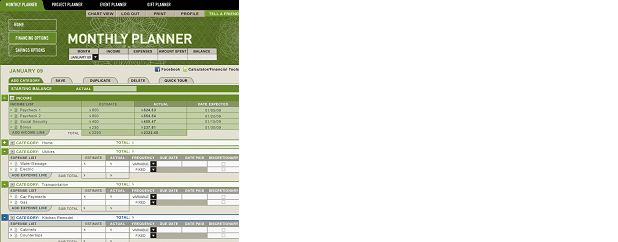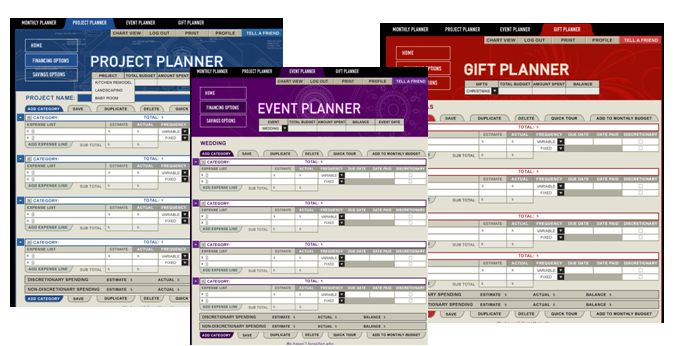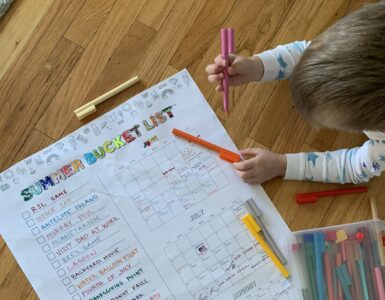Cece Mitchell, manager of Zions Bank’s Women’s Financial Group explains.
The eZ Budget is a free, online tool that’s available to anyone via the Web at www.zionsbank.com/ezbudget. You don’t need to be a Zions customer to take advantage of it.

You can create your personalized budget that can be automatically updated from month to month. There are expense categories already built in, plus you can create your own. The eZ Budget tool also tracks discretionary expenses, so you can better isolate areas where you can cut back.

Plus, it has separate budget worksheets for you to plan events like weddings, budget projects like home remodels, and to create holiday gift checklists.

Visit www.zionsbank.com/ezbudget to get started today. There’s even an online quick tour and descriptions of all the fields in the budget worksheet that help you get your feet wet.
The ez Budget Tool is a great way to track your spending and make sure you’re on track with your goals. If you feel ready to tackle your own budget, here are a few things to keep in mind:
1. Examine your spending. Look at where your money is going.
2. Communicate with your spouse or partner to work on the budget together. Be candid. Be honest. Work as a team.
3. Pay yourself first — save
4. Explore cost savings: Make sure your W2 withholdings are correct. Renegotiate the rates on your internet and cable bills. Trade down your car or home if too much of your budget is going toward mortgage or car payments. Mortgages should range from 25-35% of your budget, and car expenses should be 10-15%.
5. Decrease spending. Only carry a small amount of cash. Use coupons. Don’t buy things just because they’re on sale. Buy only way you need.
6. Plan for the future. Remember to make sure you’re taking advantage of your employer’s matched 401K contributions and that you’re saving for your kids’ college with a 529 plan that offers tax advantages.
7. Budget to pay down debt. You can build into your budget your plans to tackle credit card and loan payments. Start with the loan with the smallest balance, pay it off first, then keep applying what you paid on that balance to the next loan’s balance and so on.
You can do it! Recognize that your budget likely won’t balance perfectly the first 1-3 months. Don’t worry about that. It’s a work in progress. So plan to make corrections and adjustments. You need to focus on learning the process. And remember to follow through each month.















Add comment